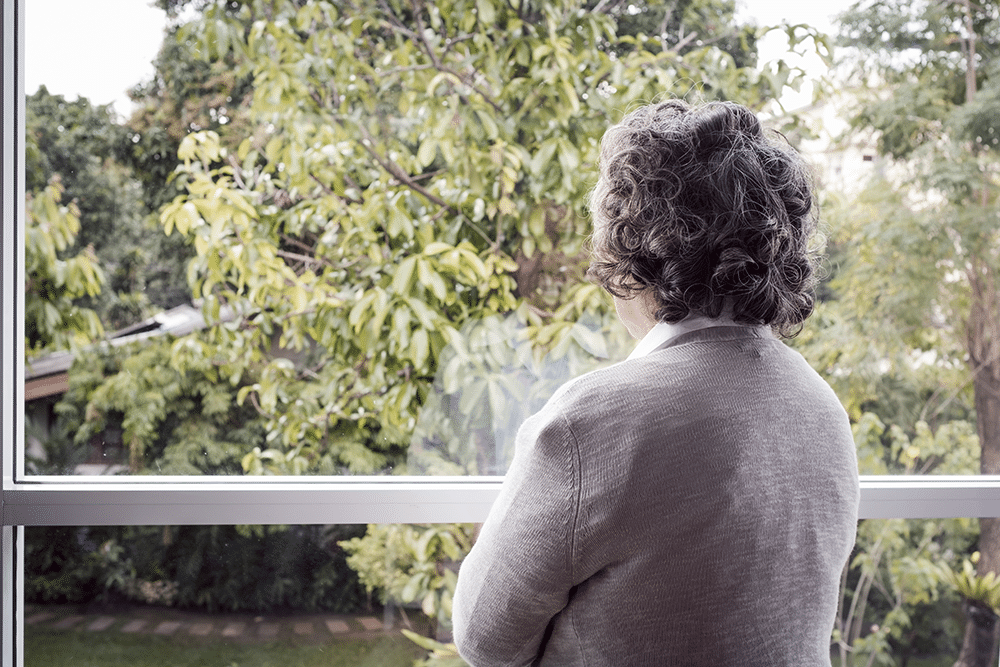My grandmother, Fannie Weiss, died in 1999 as the result of end-stage Alzheimer’s Disease. Towards the end of her life, she was unable to recognize family and friends. I remember her fondly for her love of Yiddish humor, dancing, and singing and her fondness for taking every Sweet’N Low packet home with her from each and every diner in Northeast Philadelphia.
She loved to show off her grandchildren to her friends and take us to her community pool. She was always there for me, as well as her other grandchildren, when needed. Yet, when she needed me the most, at the end of her life, I was unwilling to be there for her.
Although this is something I will always regret, I have attempted to turn the lesson learned by the events surrounding my grandmother’s death into a positive experience. A lesson I attempt to incorporate each and every day into both my professional and personal life.
Fannie died in a nursing home surrounded by no one. Once she lost her cognitive ability, I rarely, if ever, visited. I figured why bother visiting if she did not know who I was nor remember if I was there. In retrospect, it was a purely selfish act on my part.
Why spend the time visiting with someone who will not remember you were present? Because it does matter. I recently listened to a presentation by William H. Thomas, M.D., a noted innovator in the field of long-term care. Dr. Thomas spoke of the need to develop a new lifecycle described as “Elderhood.” In Elderhood, elders are a respected part of the community where others come to enjoy what aging has to offer. Today’s society, instead, neglects and relegates elders so that they become invisible at a time when they have something special to offer the larger culture.
Regardless of her mental abilities, my grandmother deserved to have family and friends comfort her and provide companionship when she was most vulnerable. Due to the perceived lack of something to offer, I relegated Grandmom Fannie as “invisible.”
Life lessons, in most cases, do have a positive result. People ask me—why did you become an elder care law attorney? My answer: Grandmom Fannie. Our elder care law office recently celebrated our 22nd anniversary. Our team continually strives to advocate for seniors and those with disabilities so they are not deemed to be invisible and remain an important part of our society.
In the end, unexpectedly, Grandmom Fannie did teach me an important life lesson. It is wisdom I try to put to work every day.


